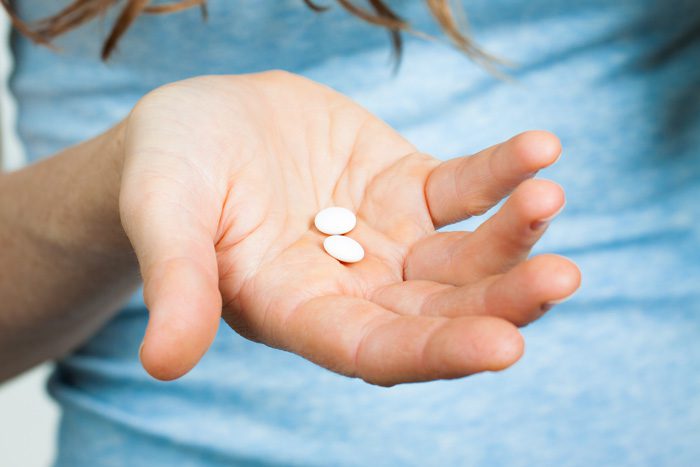It’s easy to assume that a recovering addict must adhere to a strict protocol of “no medication — ever” to maintain sobriety.
The thought is that the risk of a slip into addictive behavior or a full-blown relapse is far too high. But does it make sense to tell everyone who has had a substance abuse problem that they can never again use pain medications?
Lifelong Abstinence and Addiction
Not all addictions demand lifelong abstinence. There are situations, such as eating disorders, where those affected must learn how to manage their behavior appropriately rather than using “abstinence for life” as the yardstick to measure success.
Since it’s not reasonable to expect that a recovering addict undergo surgery and receive no pain medication in the hours and days following the procedure, the idea of complete abstinence from pain medication isn’t realistic. No one can guarantee that they will never suffer a severe injury that requires the administration of pain medication by paramedics or emergency room doctors.
If the probability exists that someone in recovery may need to take pain medications, the best way to handle the situation is to have a plan in place.
Pain Medications, Injuries, and Sobriety
In a situation where a recovering addict is injured and is administered opioid pain medications by a paramedic or at a hospital emergency room, her sobriety is still intact. She didn’t take the medication deliberately, and there was no intent to get high from the drug.
Develop a Plan for Taking Pain Medication While in Recovery
Recovering addicts who need surgery (including dental procedures) or are recovering from an injury can take pain medication while they are in recovery, as long as they observe some precautions.
- Tell the doctor about being in recovery.
The doctor isn’t going to judge a patient for being a recovering addict. It’s the doctor’s job to provide the best level of medical care possible. Share this information with the doctor, including the type of drugs that were being used previously. - Ask whether the doctor has experience treating patients in recovery.
If the doctor has never treated patients in recovery, he or she may wish to either consult with a colleague with experience in this area or refer a patient to another doctor. Give the physician the opportunity to provide the type of care he or she feels most comfortable about. - Talk to the doctor about reasonable pain levels during healing from surgery or the injury.
Knowing what to expect can help to manage pain during healing. The doctor can also advise when increased pain points to a medical problem that needs a follow-up, as opposed to taking more pain medication to try to deal with it. - Take only medications that have been prescribed by a doctor.
Avoid adding over-the-counter (OTC) or herbal supplements to the pain medications the doctor has prescribed. They may multiply or reduce the effects of the prescription medication. - Put a relative or friend in charge of dispensing prescription medications.
To stay on track of taking pain medications precisely as ordered, put someone else in charge of dispensing them. It’s a good idea to keep the medication inaccessible in between doses. - Stop taking opioid pain medication as soon as feasible.
Once the time comes when opioid pain relievers are not absolutely necessary to control pain after surgery or an injury, switch to a non-opioid option. Discuss with the doctor whether it’s necessary to taper down the dosage of opioids, and if there are other pain medications that can be used in the interim.
Concerns About Pain Medication Use in Recovery
Pain medication shouldn’t be used in recovery to block emotions or seek a mind-altering experience. If you are concerned about your own or a loved one’s use of pain medication in recovery, professional treatment may be necessary. Great Oaks Recovery offers individualized residential treatment with a focus on help, hope and healing.
Sources:
When Can an Alcoholic Take Prescription Drugs? infactorium.com.
Successful Pain Management for the Recovering Addicted Patient. The National Center for Biotechnology Information.



